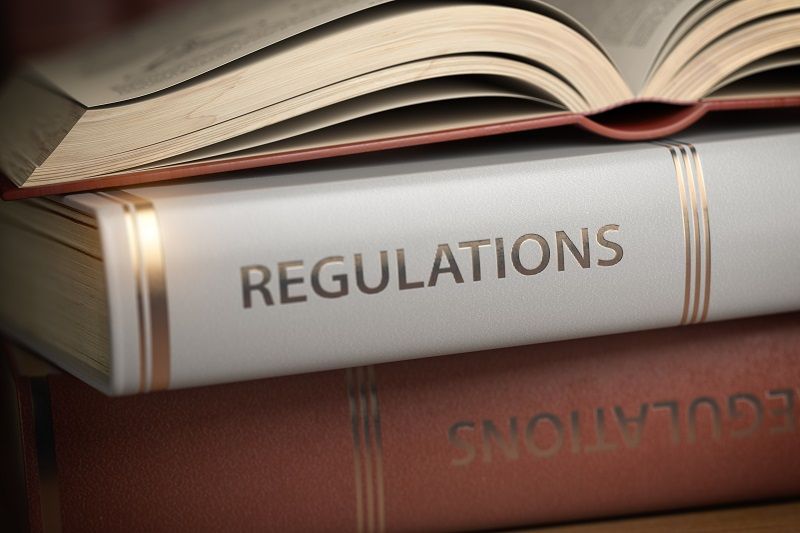By John A. Charles, Jr.
Oregon Governor Kate Brown has announced her intention to pass legislation in the short session of 2018 to place a regulatory limit on emissions of carbon dioxide by large industrial sources. Once a company exceeds the annual limit, it will have to purchase allowances for additional emissions.
Proponents estimate that the regulations will cost businesses $1.4 billion per biennium. These costs will be passed on to consumers.
Such regulations might be appropriate if there were known environmental or health benefits to reducing carbon dioxide. Unfortunately, such a clear link does not exist. Not only are benefits speculative, but they are global in nature and very long term—possibly centuries in the future.
The costs, however, are very clear. They will be known, immediate, and local. Prices of cement, steel, and millions of consumer products will have to go up.
In essence, the Governor is asking Oregonians to “take one for the global team” in the hope that somebody, somewhere will benefit in the misty future.
This is not likely to be embraced by voters who already feel immense strain from the high cost of housing, health insurance, and public employee pensions.
State legislators have many problems to worry about. Regulating CO2 should not be one of them.
John A. Charles, Jr. is President and CEO of Cascade Policy Institute, Oregon’s free market public policy research organization.











